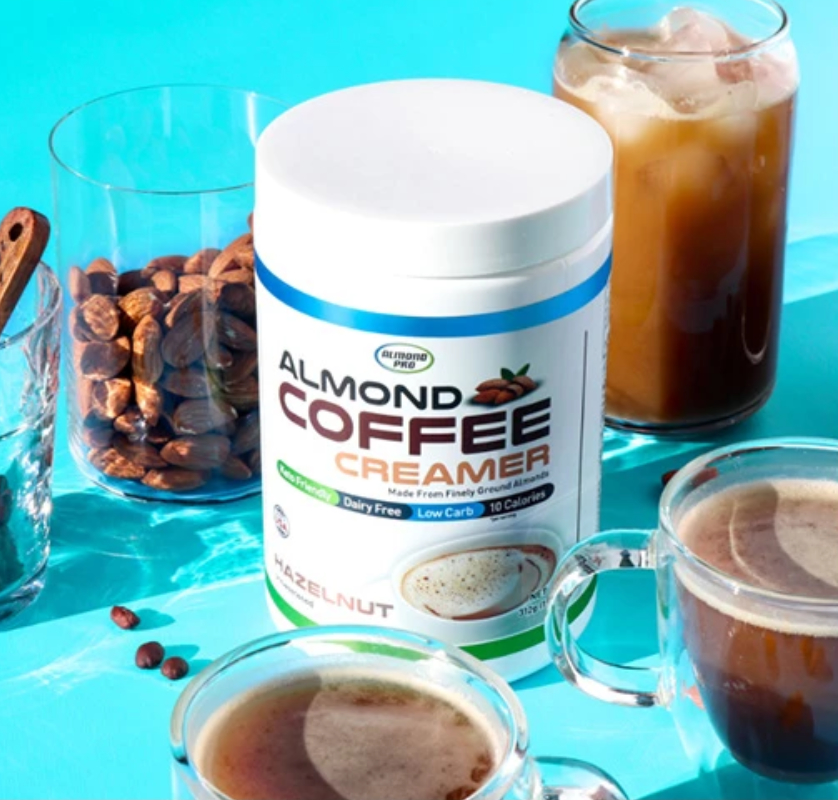 CHICAGO — Fast-paced, on-the-go lifestyles are giving rise to an array of drink powders that allow consumers to add, mix and enjoy all types of beverages, anywhere, anytime. This includes everything from next-generation refuel, recover and rehydrate mixes to weight-loss and meal replacement systems. There’s even mixes to make sleepy-time sippers and adult-only drinks.
CHICAGO — Fast-paced, on-the-go lifestyles are giving rise to an array of drink powders that allow consumers to add, mix and enjoy all types of beverages, anywhere, anytime. This includes everything from next-generation refuel, recover and rehydrate mixes to weight-loss and meal replacement systems. There’s even mixes to make sleepy-time sippers and adult-only drinks. While the functional ingredients in beverage mixes may vary, leading to some formulation-specific science, the same basic ingredient technology applies to most mixes. This includes creating a homogenous system that hydrates quickly without being gritty or having sediment. Read more about the science of formulating dry beverage mixes here.
Coffee whiteners are included in the category of drink powders. Traditional whiteners are referred to as non-dairy creamers, as they do not contain milkfat/cream or lactose; however, many will contain casein, a milk-derived protein. They are considered economical alternatives to perishable half-and-half, as replacing liquid cream with dried vegetable oil significantly lowers costs while extending shelf life.
Dried fats — animal or plant — in general, are much more stable than liquid fats, as they typically are encapsulated, and therefore protected from the extremes of the environment. This renders unsaturated fatty acids less vulnerable to oxidation, which turns them undesirably rancid.
In the current keto diet movement, dry mixes are particularly attractive. The keto diet is approximately 70% fat, 20% protein, and 5% each simple carbohydrates and non-starchy vegetables. It is a weight-loss regime rather than a long-term lifestyle eating approach, as it does not provide the body with adequate, balanced nutrition.
By eating — or drinking — a lot of fat and very few carbohydrates, the body is forced into a metabolic state known as ketosis. This is when the body burns fat instead of carbohydrates for energy. The liver converts fat into fatty acids and ketone bodies, with the latter traveling to the brain and fueling the body, the traditional role of glucose obtained from carbohydrates. Burning ketones in place of glucose is associated with weight loss, reduced inflammation, sustained energy and more.
Keto coffee whiteners, as well as keto meal replacements are trending. Laird Superfood, Sisters, Ore., for example, offers seven varieties of its keto-friendly dry mix Superfood Creamer. Based on coconut milk powder and coconut oil, the powdered product is described as being travel friendly, allowing keto dieters to give any liquid they are consuming a hefty dose of medium-chain triglyceride (M.C.T.) fats, which are associated with breaking down fat in the body.
 Almond Pro Foods, Miami, recently launched a line of non-dairy powdered coffee creamers made with finely ground California almonds and ethically sourced coconut milk powder. Containing just six ingredients and 10 calories per 1-teaspoon serving, the creamer is keto-friendly, paleo, vegan and gluten-free. Flavors include hazelnut and vanilla.
Almond Pro Foods, Miami, recently launched a line of non-dairy powdered coffee creamers made with finely ground California almonds and ethically sourced coconut milk powder. Containing just six ingredients and 10 calories per 1-teaspoon serving, the creamer is keto-friendly, paleo, vegan and gluten-free. Flavors include hazelnut and vanilla.
"Our goal was to deliver a truly healthy product that addressed customer concerns of clumping, poor taste and unhealthy ingredients" said Caulen Foster, founder of Almond Pro Foods. "I really feel we accomplished that with this. It's literally a powdered creamer made from ground almonds and coconut milk that dissolves in your coffee. Frankly, it's the best non-dairy creamer I've ever tasted, and we're really excited to bring it to the natural foods community."
Instantized coffee, too, is experiencing some innovation with value-added formulations. The shelf life stability of latte and cappuccino dry mixes enables food service operators to offer these specialty beverages without investing in a barista brewer. Some mixes are even designed to work with standard coffee dispensers often located in convenience stores.
Ronnoco Beverage Solutions, St. Louis, recently added a french vanilla cappuccino with added protein mix to its portfolio, enabling operators to compete in the better-for-you space. One cups provides five grams of protein.
“We take our time to carefully source and craft every Ronnoco product to help power busy consumers through their day with an authentic beverage experience,” said Michael Becherer, vice-president of marketing. “We know that a quality coffee and beverage program within a convenience store has the power to drive traffic.”




